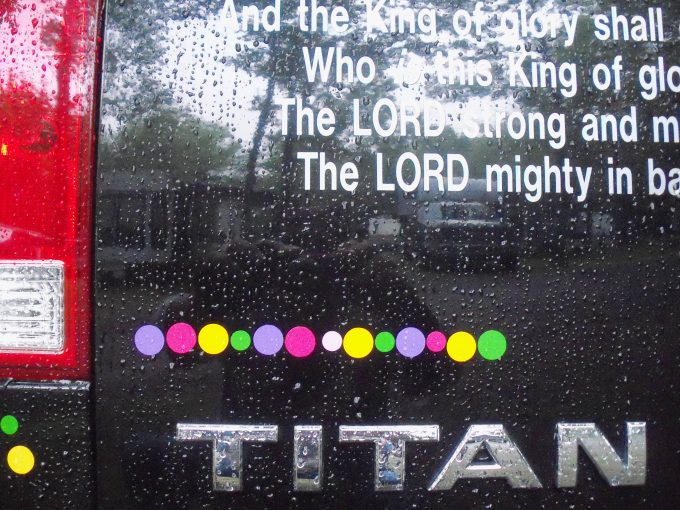
Monday, 19 December 2016
But if I live on in the flesh, this will mean fruit from my labor; yet what I shall choose I cannot tell. Philippians 1:22
Greek scholars note the immensely complicated nature of this verse, admitting that it could be translated in a variety of ways. It is as if Paul was laboring to express himself in a manner that would convey both his heart for his apostolic position which required him to bear fruit, and yet his great desire for his life to end in order to be with Christ. He was torn between the two. In choosing one, he might show that the other was unimportant to him.
Imagine the dilemma! If he were to say, “I desire to stay and continue with my apostolic duties” then his audience may feel that death was an unknown and even scary thing to him. Thus his words concerning what it is like after death were not grounded in any true hope. Further, they might assume that holding onto this life was something that even an apostle desired the most. What would that speak of his relationship with the Lord?
On the other hand, if he were to say that he just wanted to go and be with the Lord, then it would mean that his duties as an apostle meant little to him. They may even think that he was running from the responsibilities of this life that the Lord had place him in. This could even be taken as a streak of disobedience to his calling.
And so he is faced with expressing himself in a manner which was as difficult as any other he might face. Because of this, his words are most difficult to translate. Charles Ellicott notes that “The construction is clearly broken by emotion or absorption in thought; it can only be supplied by conjecture.”
Understanding this, any commentary must also be that of, at least partially, conjecture. The basic intent, however, is not difficult to grasp. He is caught in a dilemma concerning remaining alive or dying. If he is to continue on “in the flesh” then his labors would continue to bear fruit. The term “in the flesh” indicates the fallen world in which he is and of which he participates in. The “flesh” speaks of that which is earthly and fallen, and yet it is the life which we currently live in. To cast off the flesh means to cast off corruption, trouble, trial, and difficulty. But to remain in the flesh, at least for Paul, would mean benefit for others. As the scholar Bengel notes, “Another seeks fruit from [by means of] his labour; Paul regards the labour itself as the fruit.”
Understanding the dilemma, he next pens, “…yet what shall I choose I cannot tell.” He is being caught up in the difficulty of expressing one choice over another, and it is one which he is actively evaluating, even as his words flow from his mind – “What shall I do? What is right? How do I express this difficult situation?” In essence, he has come to the point of simply saying, “If I know that living will be the best option for the church as a whole, then my personal desire must go unspoken, and I will refrain from stating it. I must be obedient in whichever occurs.”
Life application: The words of this verse should be the same struggle that every Christian faces. This may be true especially with pastors and preachers, but every Christian should say, “I really, really want to be with Christ, but I know that my work here may necessitate me staying.” How unfortunate that neither thought fits the minds of most. They neither “want to be with Christ,” nor do they “want to bear fruit for Christ.” They simply live for this world, clinging onto is as if distrusting any of the promises of the word. They distrust that their labors now will be realized in eternal rewards from Christ, and they distrust that death is truly “gain.”
Lord God, if Your word is true, and if the promises in it are true, then two things should be evident in our lives as followers of Christ. We should be living this life in an attempt to bear fruit for Your church, and we should at the same time be in hopeful, even eager, expectation of the ending of this earthly life. We should be so caught between the two that we are constantly struggling with the dilemma of which is the best option. If we don’t do the first, it shows we care little about sharing the truth about Christ. If we don’t do the second, it shows that we distrust the promises of a far better life to come. Help us in this Lord God. May we always expend ourselves for You, while also placing You as our greatest hope of all. Amen.
